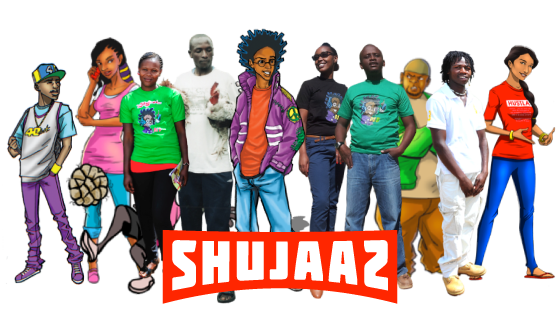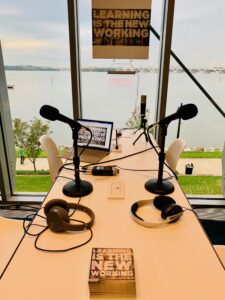Back in May 2010, the L&D – and wider business community – found much to usefully ponder on in Jeanne C. Meister and Karie Willyerd’s The 2020 Workplace. Subtitled ‘How Innovative Companies Attract, Develop, and Keep Tomorrow’s Employees Today,’ the book certainly made a huge impact on me.
But – were they right? And maybe just as interestingly, what useful lessons can we get out of what they got wrong? In tomorrow’s episode of our ‘Learning Is The New Working’ podcast, we get some answers.
You can imagine how quickly I seized the chance to dialog with Jeanne and Karie on the anniversary of the book’s publication, which also allowed me a great chance to hear what had happened to them since. I learned how Jeanne, who is a Founding Partner of HR Advisory and Research firm Future Workplace, now works to help organizations re-imagine/re-invent how they operate in the future workplace, while Karie has landed herself a pretty great job as the CLO at Visa.
There’s so much in our conversation, but one of the biggest takeaways for me is the total mind-flip where ten years ago corporations looked to control our access to the Web and tried to ban social media – but now, all we care about is engaging with employees who work and access information the way they want. Diversity, the growth in the importance of the employee voice… so much has changed; I’m going to say mostly for the good, especially around welcome new conversations around workplace wellness to new perspectives on what the role of a corporation really needs to be.
But, it’s certainly a very different Workplace – with all that entails for Learning and Training, and I think there’s a sense in th conversation of how this actually might be a Golden Age in HR and Learning. My conversation with these two brilliant Learning influencers is the second in our mini-stream on the podcast we’re calling ‘Season 5’ of the podcast – The Learning Leaders. This is just one of the great interviews we have lined up with Chief Learning Officers, influencers and enterprise Learning thought leaders – I hope you join us on our journey.
So here’s hoping you have the time to listen to this great interview: click to subscribe directly to ‘Learning Is The New Working’ on Apple Podcasts Spotify GooglePlay SoundCloud. If you feel so inclined abut what you’ve heard about the Workplace 2020, or in any of other episodes, a review is always so appreciated as it helps other folks find the show: thank you!
Chris Pirie
Founder & CEO



